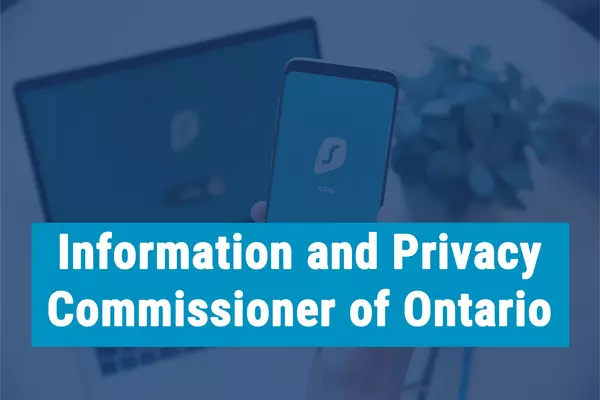Below, you will find answers to questions most frequently asked by IPC employees.
Will my employer find out that I signed a union card?
No. Cards are confidential. Only AMAPCEO representatives and the Ontario Labour Relations Board (OLRB) officials saw the cards. Your employer found out how many cards were submitted to the OLRB, but not who signed them. That information is not released by the OLRB.
Who is part of the union at the IPC? Is it just one union for all departments?
At the IPC, employees across all departments will be in the union and will be covered by one collective agreement that you negotiate with your employer.
Does forming a union with AMAPCEO mean that we’re included in the Ontario Public Service collective agreement? Or any other AMAPCEO collective agreement?
No. AMAPCEO-represented employees in each workplace, such as the Ontario Public Service, the Ontario Ombudsman’s Office and Public Health Ontario, have their own individual collective agreement that is based on the priorities of the people in those organizations.
Some of your current terms and conditions of employment, like remote work, are unique to your workplace. You will have a voice through your union to advocate for the things that are working well at the IPC and to improve upon them.
Together, we are working toward a collective agreement that is by and for the employees at the IPC.
To learn more about the collective bargaining process and the IPC bargaining team, click here »
Is it lawful for the IPC to lay us off or shut down our office in response to our forming a union?
No. It is unlawful for your employer to retaliate against employees for exercising your right to form a union. It is also unlawful for your employer to imply that these scenarios will play out if you form a union.
Can I lose my current or planned entitlements?
Once an application for union certification is filed with the Ontario Labour Relations Board (OLRB), your existing terms and conditions of employment were “frozen” until your first collective agreement is negotiated.
This means that your employer cannot change the terms of your employment—like your job classification, salary, or work-from-home agreements —without seeking and obtaining the union’s consent. If your employer wants to increase your compensation or address job classification, for example, before a first collective agreement is concluded, IPC leadership and your union, AMAPCEO, could come to an agreement.
This “freeze” on your terms and conditions has already occurred with the filing of the application on June 22. This legal protection means that your employer cannot retaliate against you for unionizing.
When negotiating your first collective agreement, the goal is to formalize any beneficial terms of employment employees already have and to seek improvements to them.
Will being part of a union change my work environment and make it impossible for me to talk to my manager or director?
No. You still have the opportunity to discuss anything you want with your manager or director. A collective agreement simply establishes a clear, fair, and mutually agreed-upon process for addressing issues or concerns that you are not able to resolve on your own.
AMAPCEO takes a principled, problem-solving approach to labour relations and always works with members to address issues with management informally as a first step to preserve healthy working relationships.
The Information and Privacy Commissioner (IPC) is an office of the Legislative Assembly—does this limit what we can bargain for?
No. The right to form a union and bargain collectively are guaranteed and protected by provincial and federal law. IPC employees are no different than the unionized staff at the Ontario Ombudsmen’s Office, including those represented by AMAPCEO. These unionized employees have achieved improvements to their terms and conditions of employment, and have been able to negotiate fair, transparent processes that bring stability and security to their employment.
Can we be forced to go on strike?
The decision to strike can only be made by you and your colleagues in a vote. Only a majority vote by the affected employees can authorize a strike, which would only ever occur as a last resort if negotiations were irreparably stalled.
In over 30 years of existence, AMAPCEO members have achieved meaningful gains through negotiations without needing to resort to striking. AMAPCEO has a problem-solving approach to labour relations, while being principled and firm in representing members’ interests. In fact, most collective agreements across the country are negotiated without union members striking.
How much are AMAPCEO membership dues?
Membership dues are 1% of your gross salary and are taken by payroll deduction. Union dues are 100% tax deductible. All AMAPCEO dues go to provide services and support for members.
You will not start paying dues until after your first collective agreement has been successfully negotiated and approved by you and your colleagues. Dues are not retroactively collected.

Contact us
If you have any questions or need information or support, contact Jennifer Pacheco, Team Lead, Membership Services, at pacheco@amapceo.on.ca.



